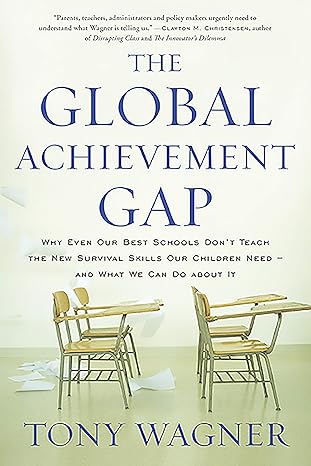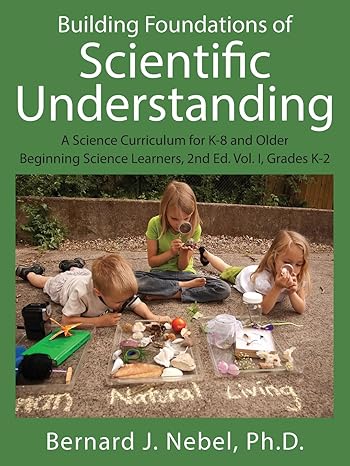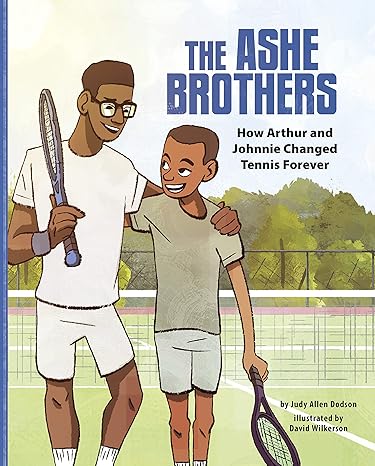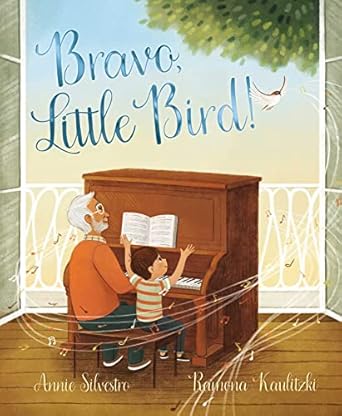Why Educational Resources Tailored to Black Students are Critical
Why Educational Resources Tailored to Black Students are Critical
Black students face unique challenges in the education system due to systemic inequalities, underrepresentation, and lack of culturally responsive materials. These disparities affect academic performance, self-esteem, and long-term outcomes. Providing resources tailored to their experiences is not just essential for academic success, but also for fostering a sense of identity and pride.
Culturally relevant educational tools help students see themselves in their learning environments. From textbooks featuring Black historical figures to curricula emphasizing African diasporic contributions, these resources are vital for developing well-rounded individuals. They challenge stereotypes, correct historical inaccuracies, and provide a more inclusive narrative. Additionally, such resources help combat the effects of racial bias and promote critical thinking skills by encouraging students to question mainstream narratives.
Addressing Achievement Gaps
The achievement gap between Black students and their peers is well-documented. Factors such as underfunded schools, biased teaching practices, and lack of access to advanced courses contribute to this gap. Targeted educational resources can help bridge these disparities by offering Black students materials that resonate with their cultural backgrounds and lived experiences.
Furthermore, access to quality after-school programs, scholarships, mentorship opportunities, and STEM initiatives designed for Black students can significantly improve graduation rates and post-secondary achievements.
The Role of Black Books in Identity and Empowerment
Books by Black authors, featuring Black characters and addressing themes relevant to the Black community, are instrumental in shaping students’ understanding of their cultural heritage. These books provide role models and narratives that reflect the diversity and richness of the Black experience.
Reading Black literature helps students connect with their ancestry, understand the struggles and triumphs of their predecessors, and develop a sense of pride in their heritage. Whether through fiction, historical accounts, or poetry, Black books promote self-awareness and emotional resilience in Black youth.
Representation in Literature
Representation in literature is more than just inclusion; it is about authenticity. Black authors often write from personal experiences, making their works deeply impactful. Stories that reflect the lives of Black individuals, families, and communities help dismantle harmful stereotypes and provide a more nuanced understanding of the Black experience.
When Black students see themselves in the characters and stories they read, it fosters a sense of belonging in academic and social environments. This connection boosts self-confidence, enhances literacy skills, and encourages a lifelong love of learning. Moreover, Black books can serve as a bridge for students from other racial backgrounds to understand the challenges and richness of Black culture.

The Need for Diverse Curricula in Schools
A diverse curriculum benefits all students, not just Black students. It challenges the Eurocentric narrative that dominates most educational systems and promotes inclusivity. Introducing Black history, culture, and achievements into the classroom enriches the learning experience for everyone. It exposes students to a broader range of perspectives, encouraging empathy, understanding, and respect for diversity.
Incorporating Black History Year-Round
Black history is often relegated to Black History Month, leaving little room for discussions of Black contributions throughout the rest of the year. Schools should incorporate Black history into the curriculum year-round, highlighting not only the struggles but also the successes and contributions of Black individuals to society, science, the arts, and politics.
Teachers can integrate works from Black authors, scholars, and artists into regular lesson plans, ensuring that students receive a well-rounded and inclusive education. This approach helps counter the dominant narrative that often overlooks or marginalizes Black voices in history.
The Impact of Underrepresentation in Education
Black students are often underrepresented in advanced placement (AP) courses, gifted programs, and extracurricular activities, leading to a cycle of disenfranchisement. This underrepresentation stems from both explicit and implicit biases within the educational system. Teachers, counselors, and administrators may unknowingly perpetuate stereotypes about Black students’ capabilities, further limiting their opportunities.
Combatting Stereotypes Through Education
Educational resources that celebrate Black excellence can help dismantle these harmful stereotypes. Schools must provide equitable access to advanced courses, support systems, and enrichment programs that empower Black students to reach their full potential. Schools should also actively recruit and retain Black educators, as representation within the teaching staff can have a profound impact on Black students’ academic success.
Leveraging Community Support for Black Students
The role of the community in supporting Black students cannot be understated. Churches, local businesses, non-profits, and community centers often provide additional resources that schools cannot. These institutions can offer mentorship, tutoring, career guidance, and even financial assistance, all of which contribute to the holistic development of Black students.
Collaborating with Black Authors and Educators
Community organizations and schools can work together to invite Black authors, educators, and professionals to speak with students. These interactions expose students to role models who have navigated similar challenges, providing them with tangible examples of success.
Moreover, Black authors can lead writing workshops, fostering creativity and self-expression among students while also promoting literacy. By collaborating with local libraries and community groups, schools can ensure that Black students have access to books and resources that reflect their identities.
Conclusion: Empowering Black Students Through Representation and Resources
The need for resources and books that cater to Black students is not just a matter of academic necessity but also one of social justice. Black students deserve access to materials that reflect their history, culture, and potential. Through Black books, diverse curricula, community engagement, and targeted educational programs, we can create an inclusive environment that fosters success for Black students, allowing them to thrive academically and personally.




One Comment